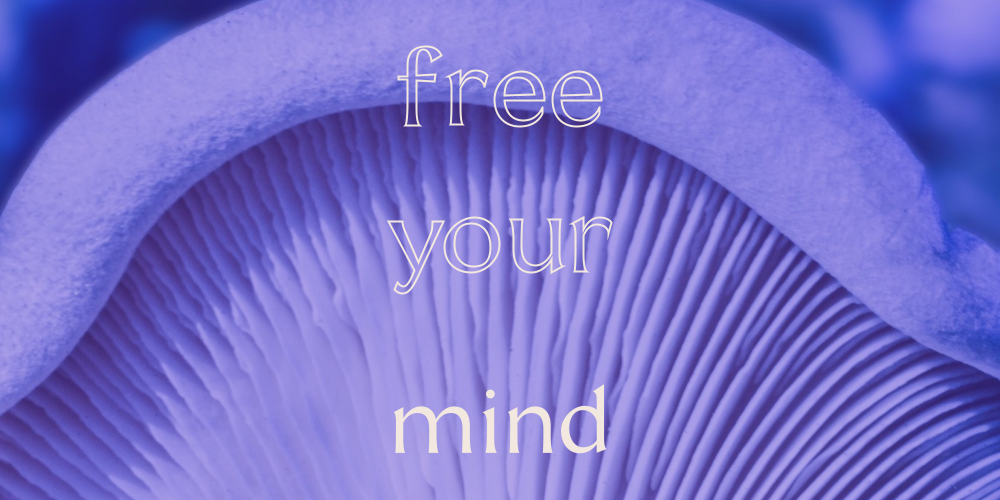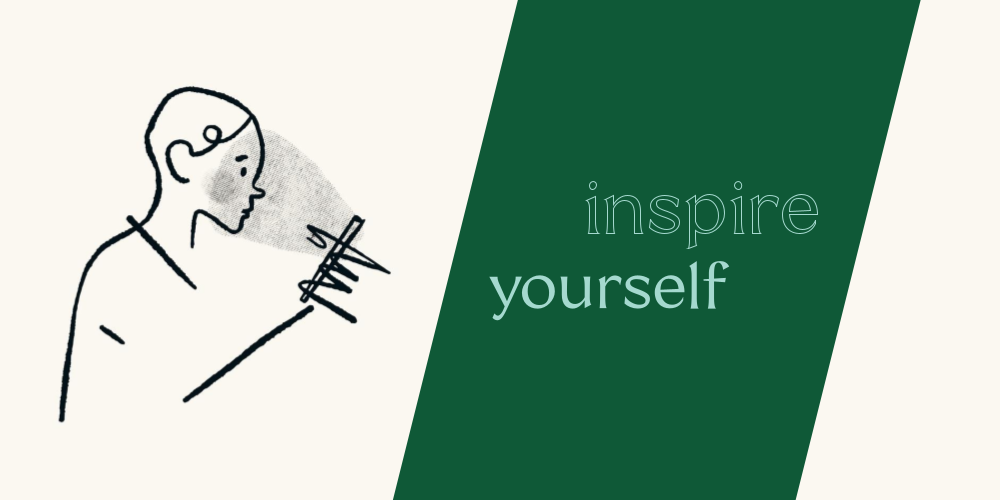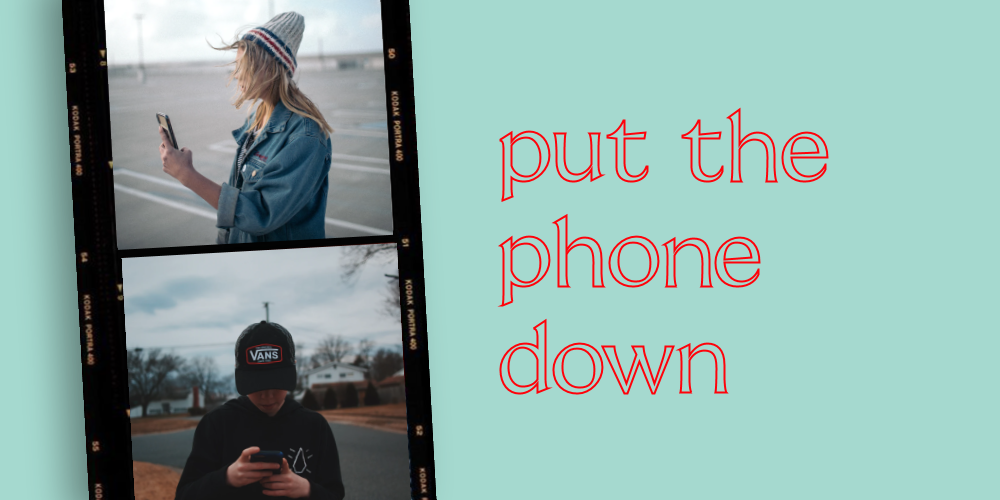
Smart drugs for creativity
Our working worlds depend on our brains and it’s performance. As knowledge workers, our brains are our most valuable resource. It’s no wonder why cognitive-enhancing drugs have grown in popularity. The idea that you can pop a pill to be more focused, smarter, or creative is a clear advantage. Marketers have started to take notice. Nootropics, adaptogens, brain food and microdosing have all grown in popularity. Resulting in a multi-billion dollar industry. Yet, do they actually work? I tried one popular cognitive enhancement supplement to see if there is any backing to the hype.
Disclaimer: I’m not a doctor and this is not medical advice. If you have any health concerns you should consult with your doctor.
First, let’s talk about cognitive enhancers aka smart drugs. These are a class of drugs or supplements that claim to improve cognitive functions — primarily executive functions like memory, creativity, or motivation. They are often referred to as nootropics. Corneliu Giurgea, psychologist and chemist, coined the term back in 1972 to describe the effects of these types of molecules on higher-level functions of the brain, like creativity. According to Giurgea, to be considered a nootropic the supplement must fulfill the following criteria:
- Aid in the improvement of working memory and learning
- Support brain functions under stress or adverse conditions such as low oxygen
- Protect the brain from chemical or physical toxicity
- Help information flow better across the brain
- Be non-toxic to humans without any significant side effects
The most common and best example of a nootropic is caffeine. It has all the characteristics of Giurgea’s model without significant side effects and has a measurable effect in the body. That cup of joe wakes you up, stimulates the mind and brings focus to your day. Nicotine is close, yet, isn’t considered a nootropic as it has adverse effects.
There is one nootropic that is gaining traction in many performance enhancement communities, a mushroom called lion’s mane. This mushroom gets its name for its unique look of long spines. While it is harvested for culinary use, it is notorious for its medicinal properties. It is possible that this non-psychoactive mushroom might boost cognitive functions, yet, there is not enough research to make a conclusive decision. What some studies have found is that lion’s mane improves memory and other cognitive functions. One factor that may contribute to this is the presence of hericenone, an isolate from the lion’s mane mushroom, that promotes nerve growth factor. NGF is involved in the growth and maintenance of neurons.
The most promising study of lion’s mane came out of research from Japan. In the double-blind study, a group of elderly men with cognitive decline were given doses of lion’s mane three times a day for 16 weeks; some received a placebo instead. Those that received the lion’s mane had a significant improvement in cognitive function at 8, 12 and 16 weeks. However, the cognitive effects wore off after four weeks of discontinuing the treatment, suggesting that to maintain the effect continuous use is necessary.
With all this promise of brain-boosting nutrients, it’s no wonder why it is growing in popularity for anyone focused on peak performance for knowledge workers. While there isn’t conclusive evidence, what has been found, so far, is quite promising. Since it is edible and used in food, I saw little risk in trying it out first hand if the effect matches the hype. I decided to try lion’s mane out on myself for two weeks to see if I noticed any of the benefits on my focus and creativity.
Background on my current situation
I work full time in a role that requires creative innovative thinking — devising systems and processes for creative teams and evaluating creative work. I also run this blog. I value my mind. I am moderately active. I describe myself as having a terrible memory (needing to write things down or else it’s gone). I do not have a history of any cognitive or neurodegenerative disease in my family history. I’m not a morning person and not a night owl either. So, I drink about 2 or more cups of coffee per day to give a kickstart to my day. I am generally pretty focused throughout the day. My focus wanes after 3 pm and is completely gone by the evening. I’d say brain fog is a typical feeling for me after 8 pm. I’d love it if I was more focused throughout the evening. There aren’t barriers preventing me from achieving this. It just hasn’t happened.
Powder, liquid, capsule — what did I choose?
While you might not find lion’s mane at a typical grocery store it is widely available. It is most commonly found in health food stores, specialty cafés and, of course, online. It also comes in a variety of forms like a powder, liquid or capsule. The majority I found online were teas or powders to mix in your drinks. There are many people that prefer the powder version to mix in their morning drink including some teas that also contain instant coffee in the mix for an extra boost. Yet, I opted for the capsule version, to ensure a consistent intake and a simpler way to measure the effects.
The routine
Caffeine is a regular part of my life. The warm cup of joe is the jolt that shakes off the cobwebs and gets me ready for the day and focused. However, to measure the effects of lion’s mane on my focus and creativity I didn’t want the coffee to complicate the measurement. I cut my caffeine intake from 190mg to 95 mg per day. On the first two days, I took 2000mg of lion’s mane mid-afternoon and found it affected my sleep. To combat this, I would take a 1000mg capsule after lunch every day. This was consistent for two weeks.
The results
The first few days were energetic. I had energy, motivation and focus. So much so that my sleep patterns started to change. I tend to sleep a lot. Especially in the winter when the nights are longer. I was finding myself productive well into the late evening, way past the point where my mind would typically lose steam for the evening. To ensure I was maintaining some elements of my routine I decided to cut the amount I was taking and when. I settled on a rhythm of 1000mg capsule after lunch. From there, the effects were hard to detect. I was able to continue on my work and stick to the task at hand, which under normal circumstances at 3 pm my attention would wane. I think the slight push towards the improved focus on the task at hand created the right conditions in my mind to have creative ideas. Aside from the added boost of focus, there weren’t many symptoms to note. There may be effects that become notable over the long term. So far, from my experience, it is not detectable. In any studies I have come across the results are promising but non-conclusive.
Does lion’s mane improve creativity?
The idea that you can pop a pill or drink a tea and just be more creative is a big ask. In my experiment, the lion’s mane did not exactly make me more creative. I did not pop a pill and immediately have an a-ha moment. It did, however, create the conditions for creativity to happen. Lion’s mane made me more alert and in turn more focused. I was able to take in more information. Work through a problem for longer. Be less distracted and disassociated from the craft. Instead, I was able to give my practice more attention. There is also the question of personal drive to work on your craft. Lion’s mane isn’t going to make you more motivated, it will make you more alert. Creativity begets creativity. By creating the conditions for my mind to enhance its performance, I am laying the foundations for more creative thought.
Get practical tips for the creative process straight to your inbox.


